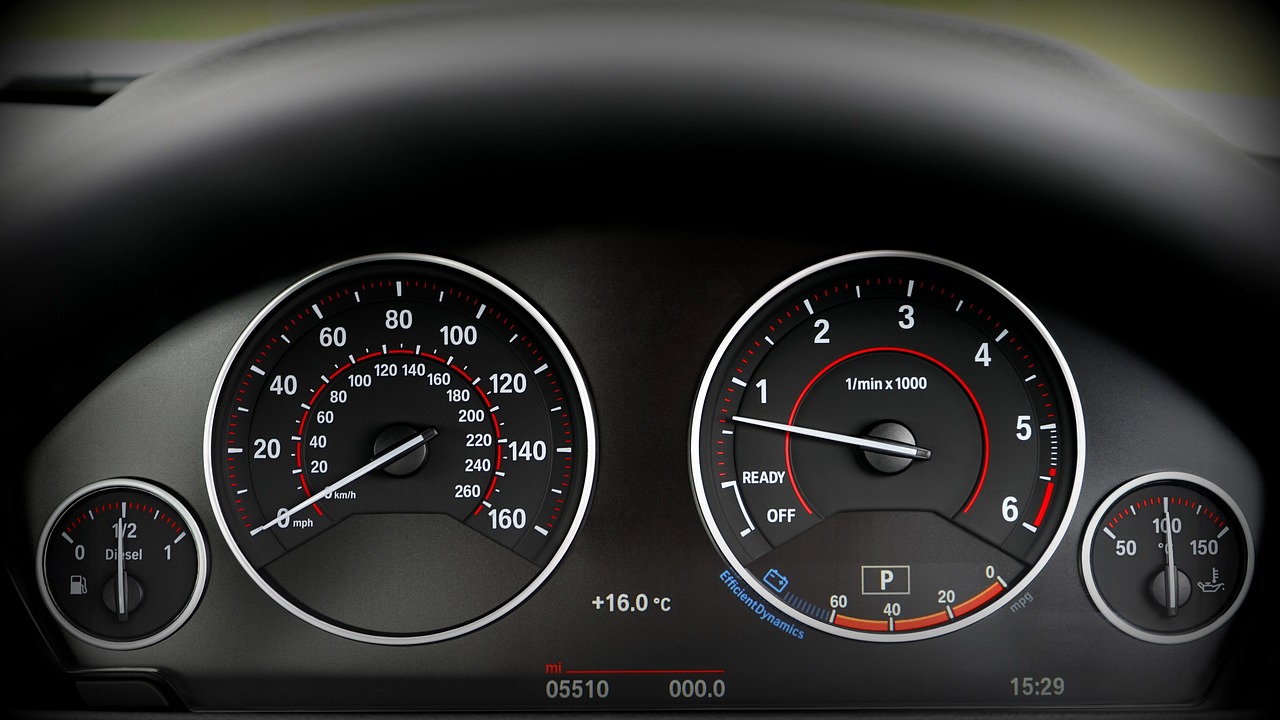Government contractors often incur significant mileage for business-related travel. Understanding and properly tracking and substantiating these expenses is crucial to be reimbursed for these miles or if this travel is not reimbursable, for accurate tax deductions and compliance with IRS regulations. This article provides an overview of standard mileage rates and specific considerations for government contractors.
When can I use a Privately Owned Vehicle ("POV")?
Regulations provide that you can use a POV for official travel when authorized by your agency. See 41 CFR Part 301-10. The Regulations further provide that you compute you mileage reimbursement by multiplying the distance traveled, determined under Regulation § 301-10.302 by the applicable mileage rate.
What are Standard Mileage Rates?
The IRS provides an optional standard mileage rate that taxpayers can use to calculate the deductible costs of operating an automobile for business purposes, instead of tracking actual expenses (like gas, oil, maintenance, depreciation, etc.). This rate is updated annually and is intended to cover the cost of gas, oil, tires, maintenance, repairs, depreciation, and insurance. These rates are generally adopted by government agencies for reimbursement purposes unless otherwise specified in the contract.
What expenses are allowable in addition to the POV mileage rate allowances?
Reimbursable expenses in addition to mileage allowance include: Parking fees; ferry fees; bridge, road, and tunnel fees. Non-reimbursable expenses included in the mileage allowance include charges for repairs, depreciation, replacements, grease, oil, antifreeze, towage and similar speculative expenses, fuel, insurance, state and Federal taxes.
Key Considerations for Government Contractors
For government contractors, meticulous record-keeping is paramount. Government contractors must accurately track mileage using logs to be reimbursed for using personally owned vehicles ("POVs") for official travel, following the government's standard mileage rate, unless the government contract specifies otherwise. Employees and contractors need to maintain detailed logs including date, starting and ending locations, and trip purpose to ensure reimbursement for authorized travel. See 41 CFR Part 301-10
Contractors should be aware of any specific terms in their contracts that might affect mileage reimbursement or tax treatment.
Tracking Mileage Effectively
Using a reliable mileage tracking system such as the Standard Mileage App can save government contractors significant time and ensure accuracy. While government contractors can use manual logs, smartphone applications like the Standard Mileage App offer inherent advantages insofar as they automatically track trips and offer the precision of modern smart phones.
Current and Historical Mileage Rates
In the event that there is no reimbursement provided in a government contract, it is important to then use the correct standard mileage rate for the tax year in which the travel occurred for deduction purposes. The rates vary and are announced by the IRS typically late in the calendar year for the upcoming year.
Defend Your Mileage Deduction
Don't rely on inadequate records. Use the Standard Mileage App to create a defensible, GPS-based log of your mileage.
Sign up for a free 60-day trial and start tracking today.
Disclaimer: This article is for informational purposes only and does not constitute tax advice. Government contractors should consult with a qualified tax professional to discuss their specific situation.


